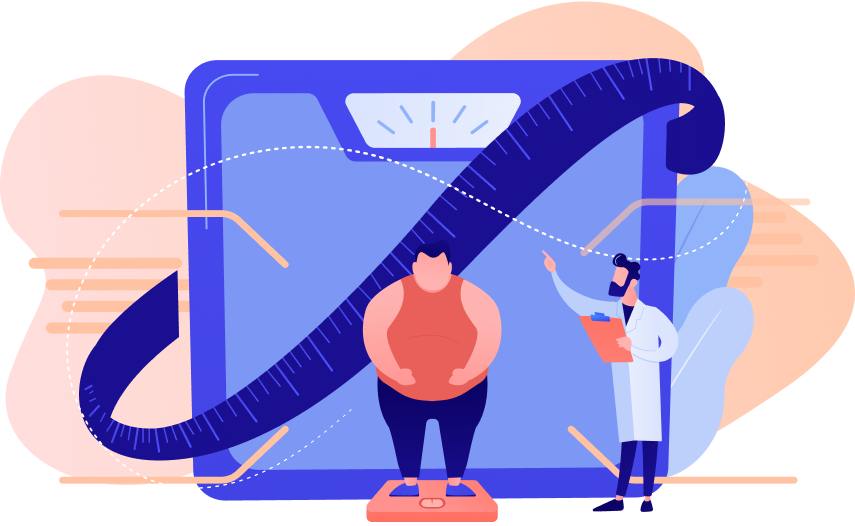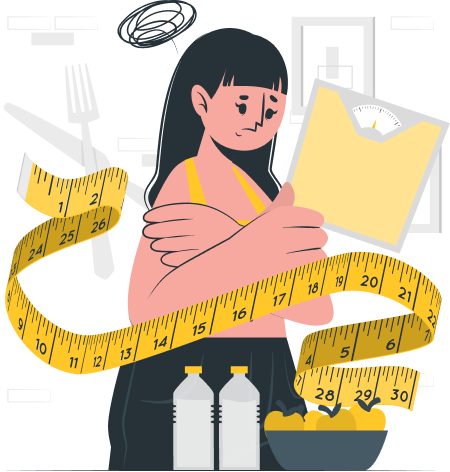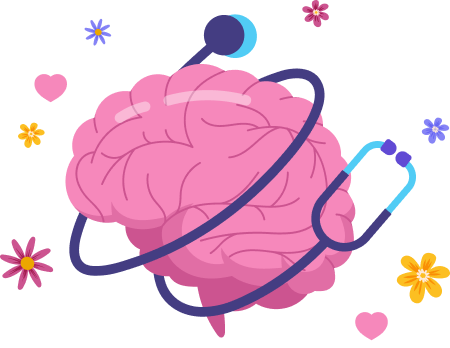General info


Overweight and obesity are defined as abnormal or excessive fat accumulation that is dangerous to health.

Overweight and obesity are defined as abnormal or excessive fat accumulation that is dangerous to health. A body mass index (BMI) over 25 is considered overweight, and over 30 is considered obese.
Obesity is a complex disease that involves an excessive amount of fat in the body. Obesity is not just a cosmetic problem. It is a medical problem that increases the risk of other diseases and health problems, such as heart disease, diabetes, high blood pressure, and certain types of cancer.
There are many reasons why some people find it difficult to lose weight. Obesity is usually caused by genetic, physiological, and environmental factors combined with diet, physical activity, and exercise choices.
For women, obesity can lead to problems with the reproductive system. And studies show that severe cases of obesity can reduce your life expectancy, especially if you're young.
Although women are more likely to have an unhealthy BMI than men, they are also more likely to cycle through obesity and depression. In one study, obesity in women was associated with a 37 percent increase in major depression. There is also a strong association between women with a higher BMI and frequent thoughts of suicide.


Childhood obesity is a serious medical condition affecting children and adolescents. It's especially annoying because excess weight often pushes kids down the path of health problems that were previously considered adult issues like diabetes, high blood pressure, and high cholesterol. Childhood obesity can also lead to poor self-esteem and depression.
It can cause depression and trigger stress, which in turn may cause a change in eating and activity habits. Many people who have difficulty recovering from sudden or emotionally draining events (for example, the loss of a close friend or family member, relationship difficulties, losing a job or facing a serious medical problem), inadvertently start eating a lot of foods. Wrong or give up exercise. Before long, these become habits and are hard to change.
Binge eating, a behavior linked to obesity and other conditions such as anorexia nervosa, is also a symptom of depression.


Diet and lifestyle factors contribute to infection Obesity and weight gain. Some of the most common ones are:
When you lose weight, more physical activity increases the number of calories your body uses for energy, or "calorie burn." Burning calories through physical activity combined with reducing the number of calories you eat creates a "calorie deficit" that leads to weight loss. Most weight loss occurs due to a decrease in calorie intake. However, evidence suggests that the only way to maintain weight loss is to engage in regular physical activity.
More importantly, physical activity reduces the risk of cardiovascular disease and diabetes beyond that resulting from weight loss alone.

Fill out the Form and we will contact you as soon as possible.

Clinical Consultations and Diagnosis Bariatric and Metabolic Surgeries Interdisciplinary Monitoring
Anas Bin Malik Road Riyadh
Saudi Arabia
Monday to Friday ~ 8.00 - 17.00
Saturday ~ 9.30 - 17.30
Sunday ~ 9.30 - 15.00